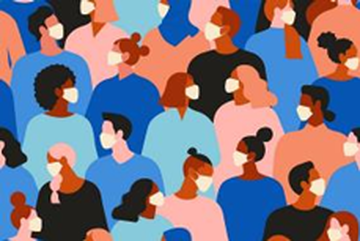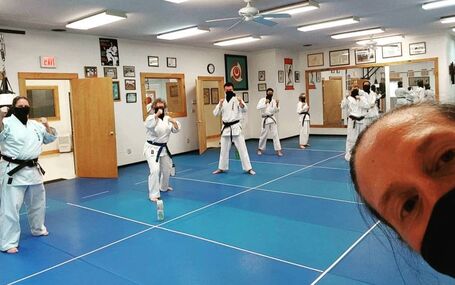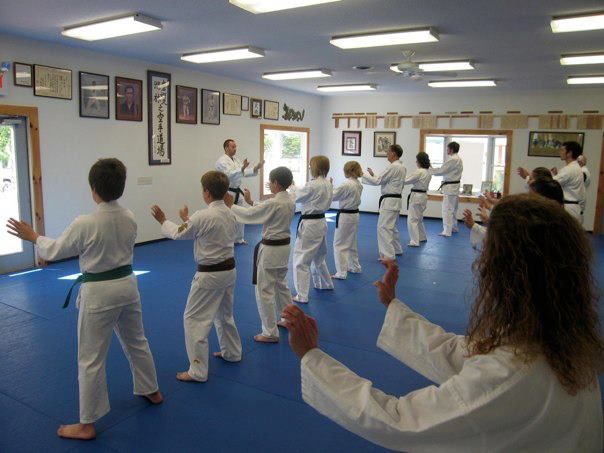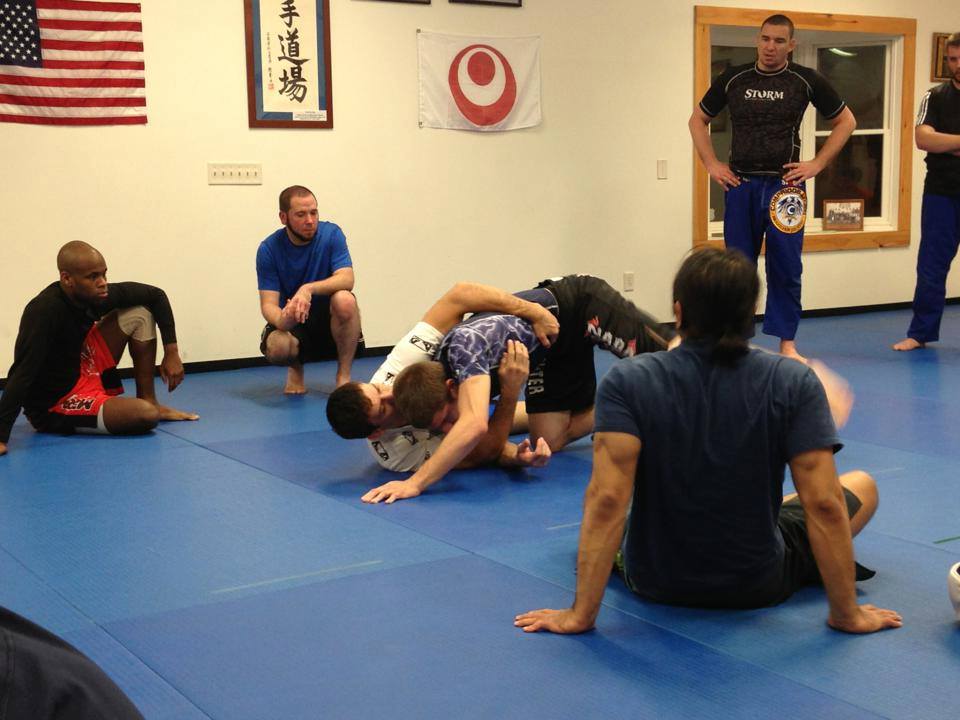
In the post pandemic world many people struggle with a variety of impacts from the COVID19 situation. Aside from the physical effects from ‘long haul’ damage, others have persistent mental or emotional complications. In a 2021 study performed by the NIH nearly half of Americans reported symptoms of mental disorders increasing since the pandemic. These can include anxiety, depression, substance abuse, and a general feeling of hopelessness.
Experts say that this is caused by a combination of factors including isolation, high levels of stress, loss of control, lost jobs, domestic distress, lost savings, and even lost loved ones. On top of that, the threat of getting sick or even dying from the disease itself was a tremendous strain for many people. This is further complicated by a lack of activity, unhealthy eating habits, and excessive Screen time.
When nearly ALL the people in the world have suffered through a crisis like this there can be difficulties in getting back to normal due to the collective damage that has been done. Even after the pandemic has been declared over there is a ‘silent epidemic’ of mental illness that affects millions of people worldwide to varying degrees. An unhealthy culture can linger with so many people recovering from different emotional challenges. One of these is called Agoraphobia, or an irrational fear of being in crowded places or even leaving the home. Another is called Social Anxiety Disorder, or the fear of being watched or judged by other people. A ‘victim’ mentality may also affect people, where they feel that the world is against them. When these all become woven into our population they can persist for a long time without some healthy perspective and efforts to regain normalcy in our lives.
This can affect every age group among us, either directly or indirectly. However, studies show that teens and preteens have been most affected by all of this. The pandemic hit as teens and preteens were entering a time when many critical life and social skills were developing. Being thrown into all the complications that came with the pandemic has resulted in difficulty, delay, and confusion in some of these critical skills for them.
One way to gain some better perspective on all of this is to realize that we are the survivors. Although we have been inconvenienced, damaged or even broken by the pandemic, but we have made it through. We’ve weathered the storm and survived it. Focusing on our losses and hardships of our past will rob us of our success and happiness going forward. There comes a time when it is best to put the past behind us and move on. We will do well to start living in the moment and planning for the future.
Now, most people are aware of PTSD or Post Traumatic Stress Disorder, an affliction that affects millions of people around the world. It is where people have difficulty recovering from hardships and trauma from their past, sometimes to the extreme. However, there is another condition that survivors of stress and trauma can develop that is called ‘Adversarial Growth.’ This is becoming highly motivated and driven to succeed or even thrive DESPITE the losses and hardships that we’ve had to endure. This is a powerful survival instinct that we must tap into if possible. We need to realize that the quality of our lives depend on our ability to get motivated and improve things for ourselves. The German philosopher Fredrich Nietzsche said it best with ‘What doesn’t kill me makes me stronger.’
Those of us dealing with lost loved ones should realize that, although they are gone, they would probably not want us to flounder and suffer without them. They would most likely want us to be successful and happy for the rest of our lives. We should think in terms of making them proud and honoring them in that way.
Those of us who continue to struggle and cannot seem to rise up out of the ashes in the post pandemic world should seek the help of mental wellness professionals. There are now in-person and telehealth options available for mental wellness services. The old-school stigma of negativity surrounding this type of help is nonsense and should not interfere with us getting to a better place in our lives. As with any other medical problem, seeing a qualified professional for the remedy is the move.
Lastly, martial arts training is an amazing way to work our way into a better headspace post pandemic. Experts agree that physical activity and getting into better shape helps us function and feel better in our day to day lives. Many of the activities in the martial arts have a therapeutic value to them which allows us to vent our frustrations and stress. All of the arts at ZenQuest put an emphasis on mindful movement which improves our ‘mind-body’ connection over time. We also will gain stronger willpower and better self-control which can lead to healthier lifestyle habits.
Unlike many other fitness options, martial arts training by its nature also has social elements to it. ZenQuest prides itself on providing a friendly environment that welcomes people from all walks of life. Many of the activities involve working with partners which can lead to lasting friendships. In fact, the Okinawans have a term ‘Butomo’ or ‘Buji’ meaning war-friend or war-blood. This is a reference to lifelong friendships developed through training in the martial arts together.
What could be better to help us through a difficult time than having some good friends that we can talk to?




 RSS Feed
RSS Feed